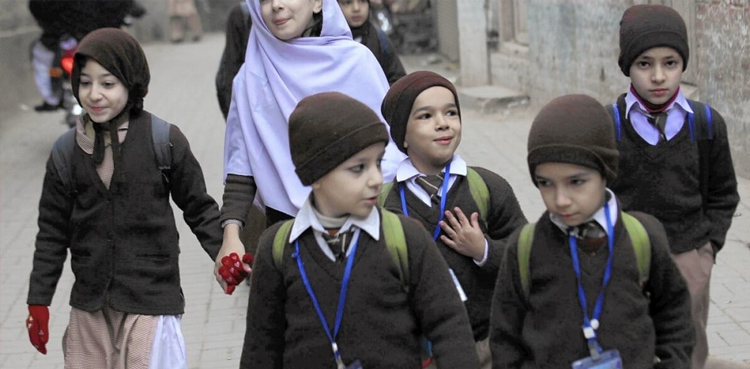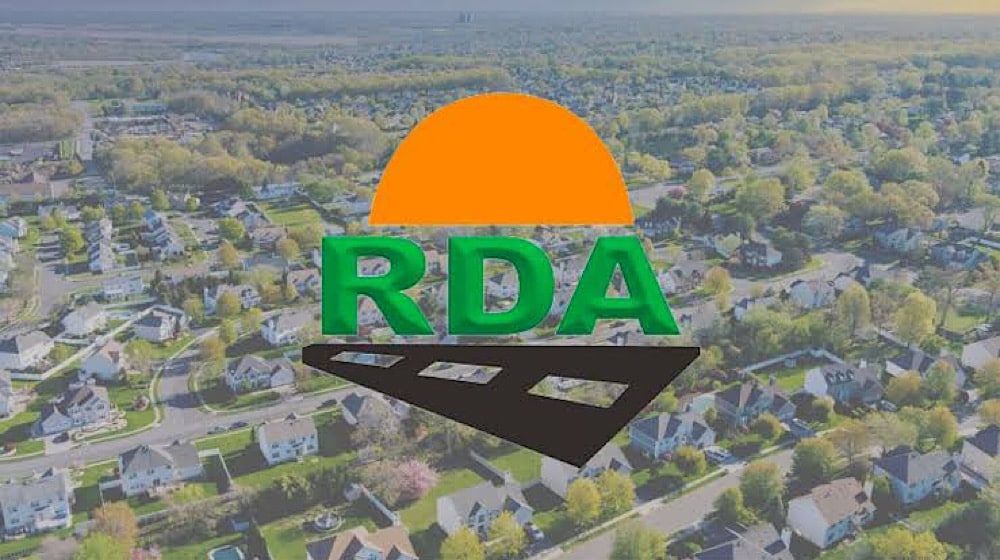The Federal Board of Revenue (FBR), along with all Provincial Revenue Authorities/Boards, is set to expand the scope of the Single Sales Tax Return (SSTR) in 2025. The new sectors to be included are hotels, restaurants, fast food chains, clubs, caterers, digital or IT-based services, ride-hailing services, manpower recruitment agents, and franchise services. This move is part of a larger plan to eventually extend the SSTR to all other sectors across the country.
Key Activities and Demonstration Sessions for 2025
The FBR’s 2025 roadmap includes various key activities, starting with demonstration sessions for microfinance banks, broadband internet service providers, and oil and gas exploration and production companies. These sessions will be followed by User Acceptance Testing (UAT) with Provincial Revenue Administrations. UAT sessions for commercial banks and insurance companies will also be conducted in collaboration with the Provincial Revenue Authorities (PRAs).
FBR’s Vision for the SSTR
In 2025, the SSTR will be expanded to include a wide range of service sectors, including the ones mentioned above. The FBR’s goal is to gradually introduce the SSTR for all sectors across jurisdictions, ensuring a smooth transition over time. Additionally, initiatives will focus on harmonizing laws and procedures across federal and provincial levels, with the full launch of the SSTR expected during the fiscal year 2025.
READ MORE: Xiaomi 15 Ultra Set for Launch with Satellite Connectivity and 90W Charging
Launch of the Single Sales Tax Portal
The FBR has already introduced the SSTR for the telecom sector starting from the tax period of January 2024, which was filed in February 2024 through the newly launched Single Sales Tax Portal. This portal, accessible at www.iris.fbr.gov.pk, allows taxpayers to file a single return instead of multiple returns to both the FBR and each of the provincial sales tax authorities.
The SSTR portal simplifies the filing process by consolidating returns, reducing compliance costs, and minimizing data entry errors. It will also streamline the apportioning of input tax adjustments and tax payments across different sales tax authorities, eliminating the need for reconciliations and payment transfers. This system is expected to promote the harmonization of tax procedures across federal and provincial governments, enhancing national unity and simplifying tax administration.



